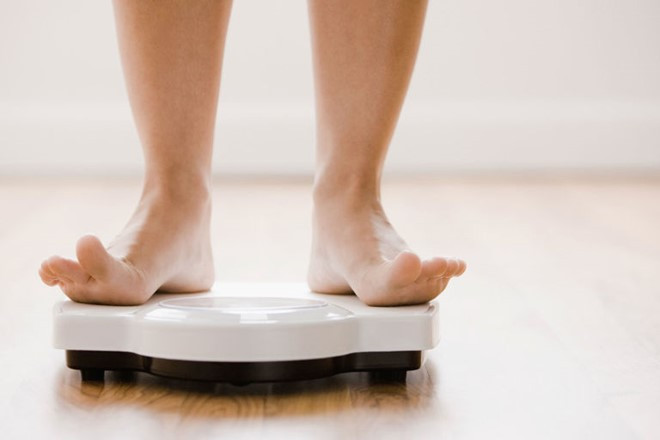6 Ways to Make Eating Actually a Pleasure
Food should be about balance and flavor, not stressful and headache-inducing calorie counting.
» Priest Nguyen Dinh Thuc incited parishioners
Nowadays, obesity and dirty food make us surrounded by messages about "clean eating" or images that associate food with weight loss. This is not a mistake, but more or less, it makes eating become a pressure and no longer one of the four pleasures of life.
Here are 6 ways to build a healthy relationship with food, according to Netdoctor - the UK's leading health news site:
1. Stop labeling food
"Building a healthy relationship with food starts by not labelling foods as 'good' or 'bad', 'allowed' or 'not allowed'. When we limit what we shouldn't eat, we feel like failures and weak when we eat them. This is the wrong way to view food and can lead to negative associations with a person's eating habits, body image and self-esteem," explains Susan Short, spokesperson for the British Dietetic Association.
Make sure that none of the foods are labeled and allow yourself to indulge. This will help you avoid overeating because you are mentally overcompensating for not having a certain food for too long.
 |
| Stop labeling food. Photo: Getty Images |
2. Be careful with social networks
Nowadays, we don’t have to search for dietary advice – it’s all around us, thanks to social media. Thousands of articles on how to eat and what to eat to stay healthy and look great appear every day.
While the intentions behind these articles are good, they do have a negative side. Many people are obsessed with this information and often feel guilty and ashamed if they do not follow a certain diet.
"Any social media account that makes you feel guilty about your eating habits or your body isn't perfect, it's time to unfollow that account. Social media was created to help people connect with each other, not to make us feel bad, so if that happens, you should take a break and give yourself a break," said Caitlin Rabel, a registered dietitian.
3. Set more realistic goals
Setting big, sudden goals like “I will eliminate all sugar from my diet” can easily lead to feelings of failure and disillusionment. Instead, set smaller, more achievable goals like “I will stop adding sugar to my tea.” Set changes that you can maintain over time, not just for a short period of time.
"Use positive language when talking about food and see having a healthy balanced diet as a way of life. We can eat all kinds of food. Some are eaten every day, some less so and it's important to maintain a balance," says Susan Short.
4. Concentrate while eating and drinking
Eating slowly, savoring each bite, and paying attention to feelings of fullness are all actions that can improve your positive relationship with food, helping you become more in tune with your body's needs.
"Really sit down and enjoy your meal. Stop everything else and allow yourself to savor the taste of the food. Focus on how the food makes you feel instead of how many calories it contains," advises nutritionist Caitlin Rabel.
 |
| There's no need to worry too much about how many calories you're taking in. Photo: Getty Images |
5. Define your own concept of "healthy"
When it comes to nutrition and dieting, there is no one-size-fits-all approach. Nutritionist Amanda Kruse says that what makes you happy may not be suitable for someone else's health and lifestyle.
"As a dietitian, being able to explain what 'healthy living' means to each person is a huge bonus. For example, I love yoga, baked chicken and vegetables, black coffee, cooking and ice cream. My friend loves running, pasta, tea, cooking shows and dark chocolate. We are both young people who eat a balanced diet and maintain an activity level that suits our needs. We both live healthy lives. Neither of us could imagine living the same lifestyle as the other one and that's perfectly fine!" - shared expert Amanda Kruse.
6. Don't use food to relieve stress or emotions
Always ask yourself why you’re hungry: How long has it been since you last ate? Have you had water? Are you tired or stressed? The list could go on and on. And let’s face it, many times we reach for food just to distract ourselves from the negative emotions we’re feeling.
"Identifying your emotions will not only help you know what to do, but it will also prevent you from eating a big bag of chips just because a deadline is looming. Everyone has a different way of coping with stress, whether it's running, meditating, yoga, or meeting friends. Find what works for you. Spend time doing things you enjoy to minimize the emotions that make you think about eating. This will affect your relationship with food over time," says expert Amanda Kruse.
According to Zing
| RELATED NEWS |
|---|

